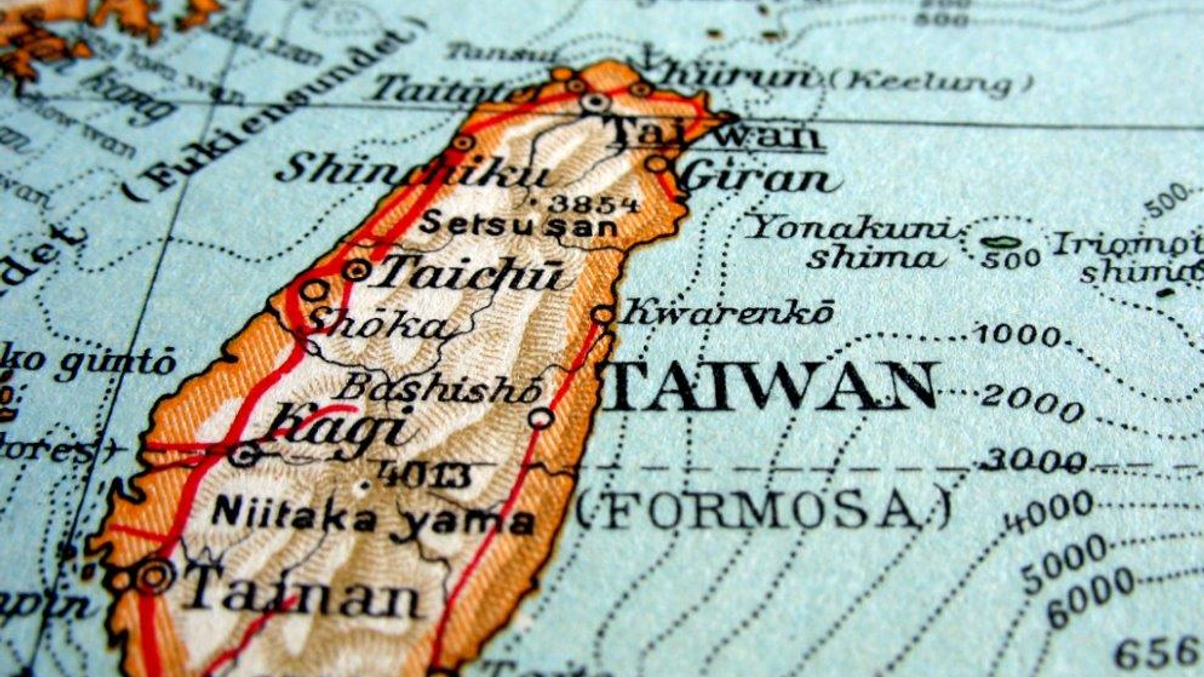BLF mulls external Europe and Japan equity mandates
The $124 billion Taiwanese state pension fund plans to ramp up its exposures in Europe and Japan on the back of a set of encouraging signs of reform in both regions.

Taiwan’s Bureau of Labor Funds (BLF) is looking to increase its exposure to Europe and Japan in its overseas allocations on the back of macroeconomic improvements in the two regions, according to its director general.
Sign in to read on!
Registered users get 2 free articles in 30 days.
Subscribers have full unlimited access to AsianInvestor
Not signed up? New users get 2 free articles per month, plus a 7-day unlimited free trial.
¬ Haymarket Media Limited. All rights reserved.


